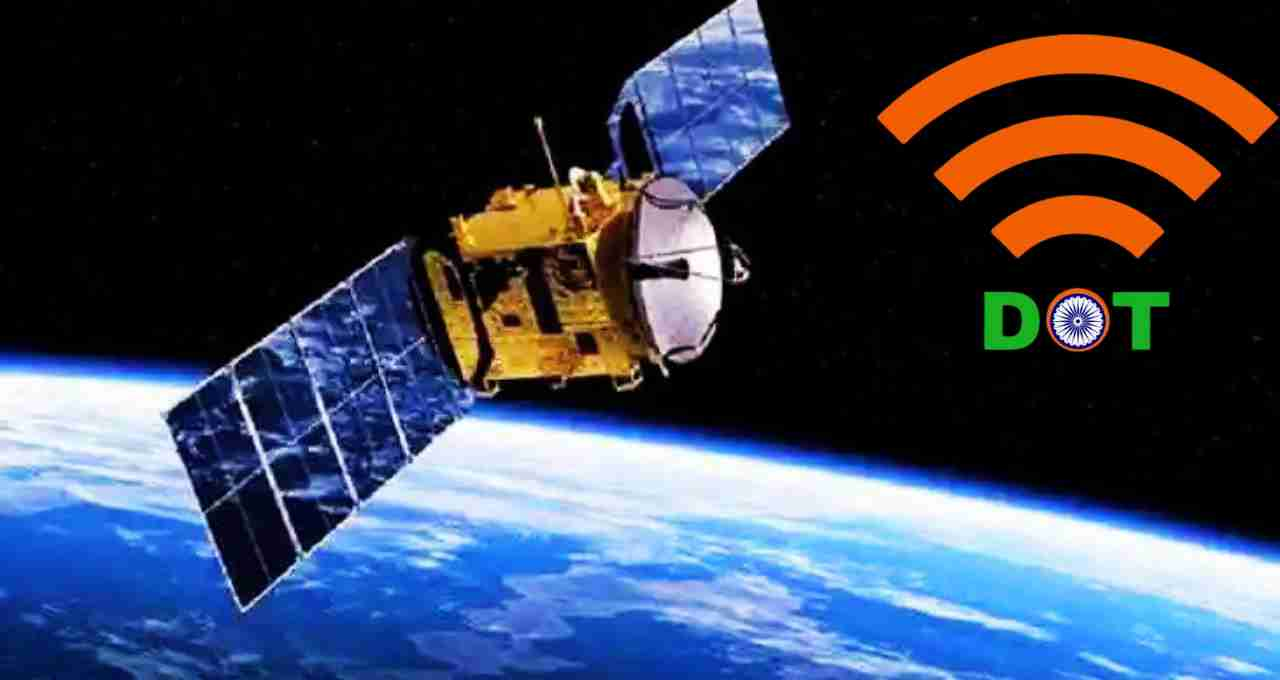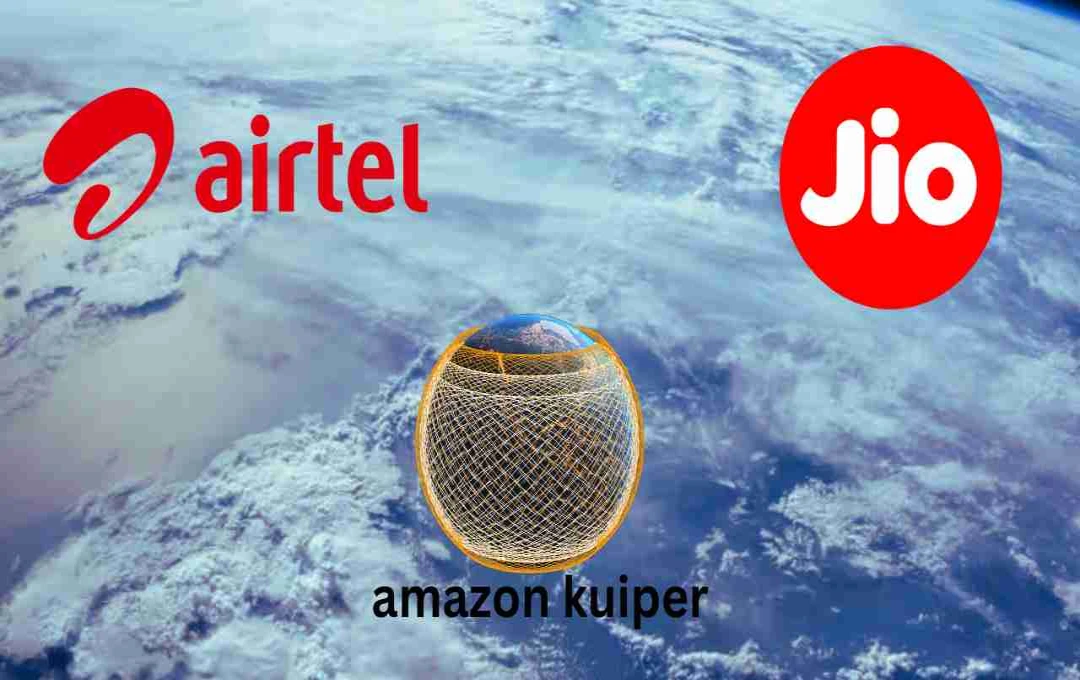TRAI Sets Spectrum Allocation Period for Satellite Services
India's satellite broadband service landscape is poised for significant change. The Telecom Regulatory Authority of India (TRAI) has submitted new recommendations to the government concerning satellite internet services, directly impacting companies like Elon Musk's Starlink, Bharti Airtel, Reliance Jio, and Amazon Kuiper. A key recommendation is a five-year allocation of satellite spectrum, extendable by a further two years based on market conditions and need.
Five-Year Allotment Agreed Upon
TRAI's proposed regulation limits spectrum allocation for satellite internet services to five years. Starlink had requested a 20-year allocation from the Indian government to facilitate lower pricing and a long-term business model. However, TRAI has, for now, rejected this request.

The rationale behind the shorter allocation is to allow for controlled and secure service rollout initially, with extensions contingent on market performance. This approach aims to maintain balance within the satellite sector.
Conditions Applicable to Multiple Companies
TRAI's recommendations apply not only to Starlink but also to other satellite companies like Airtel, Reliance Jio, and Amazon Kuiper, ensuring a level playing field. The report suggests that companies operating geostationary orbit (GEO) services and mobile satellite services will be subject to a 4% levy on their Adjusted Gross Revenue (AGR). Additionally, a minimum spectrum charge of ₹3,500 per MHz will be mandatory, generating regulated revenue for the government and promoting sector transparency.
Extra Charges for Non-GEO Services
TRAI has proposed a specific charge for non-geostationary orbit (Non-GEO) satellite services. Companies utilizing LEO (Low Earth Orbit) systems instead of GEO will pay an annual additional fee of ₹500 per subscriber. This directly impacts companies offering internet services based on Low Earth Orbit technology, such as Starlink. TRAI believes this charge will balance spectrum utilization, maintain market equity, and offset regulatory costs for the government.
New Security Measures Implemented

Before launching satellite internet services in India, companies must now adhere to new, stricter security conditions set by the Department of Telecommunications (DoT). These conditions include approximately 29-30 security parameters, such as website blocking, legal surveillance, and robust network security. Significantly, these companies must establish a "special surveillance zone" within 50 kilometers of India's international borders to enhance network monitoring and control in border regions. These regulations prioritize India's cybersecurity and data security.
Starlink's Ambitious India Plan
Starlink is preparing to launch its satellite internet service in India, partnering with major telecom companies like Reliance Jio and Airtel. Starlink devices will be available through these companies' retail stores, improving accessibility for users. While Starlink had advocated for a 20-year spectrum allocation to ensure affordable and sustainable service, TRAI's five-year recommendation (extendable by two years) may necessitate adjustments to their India plan.














